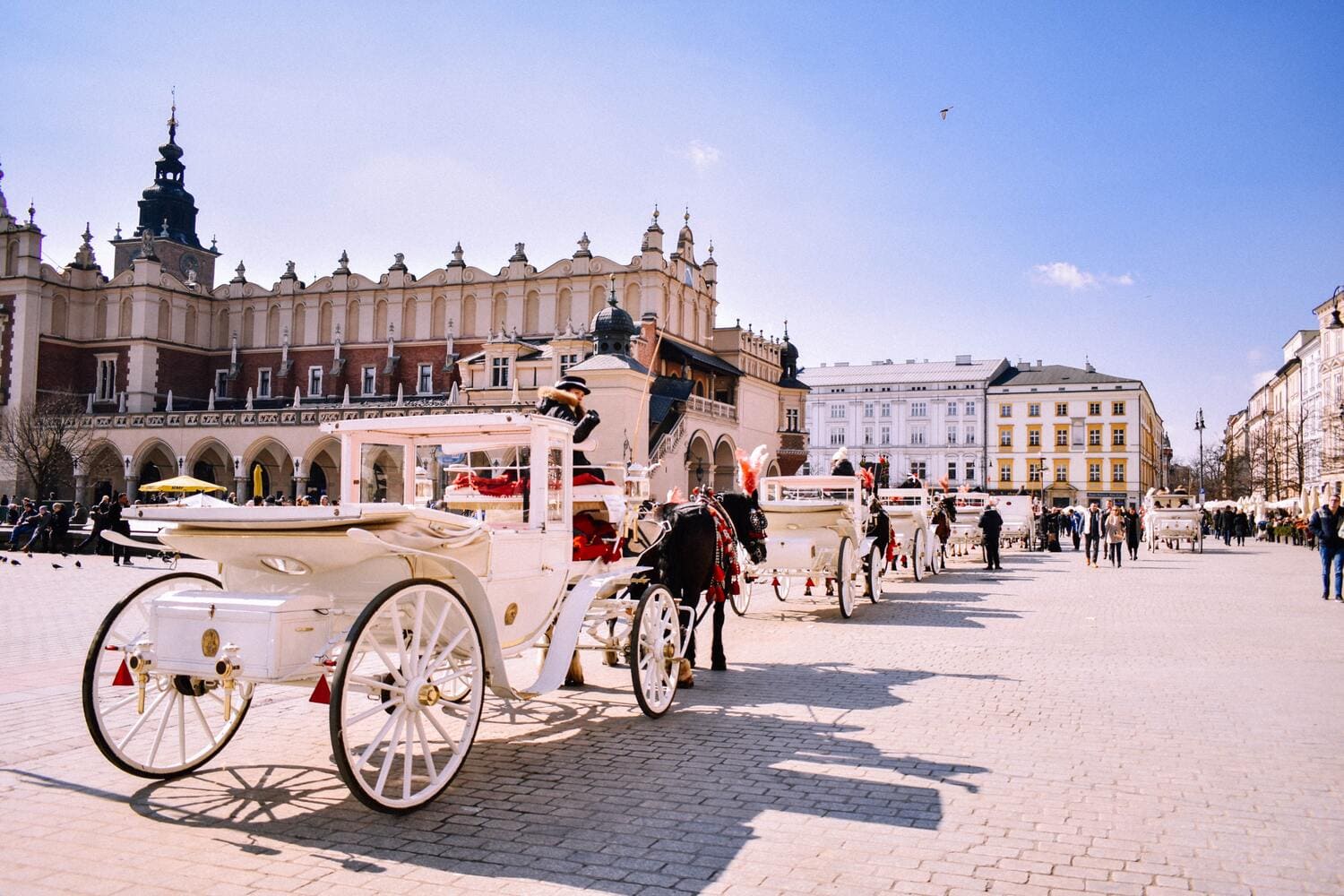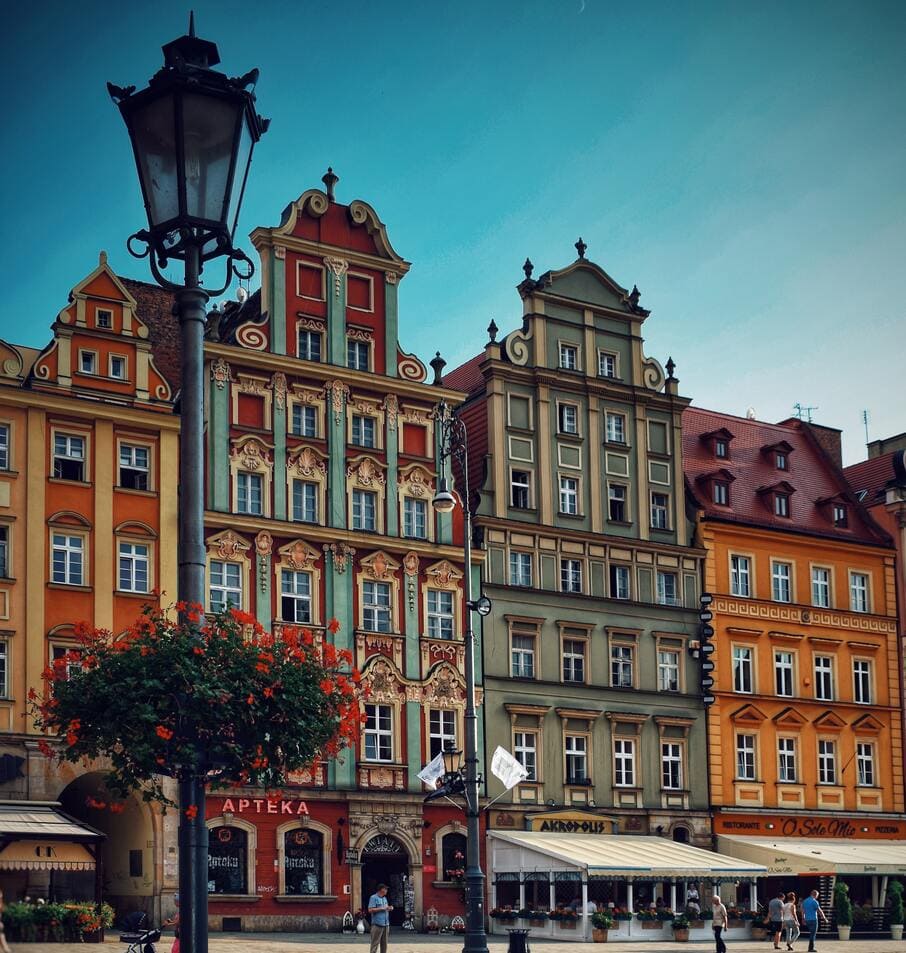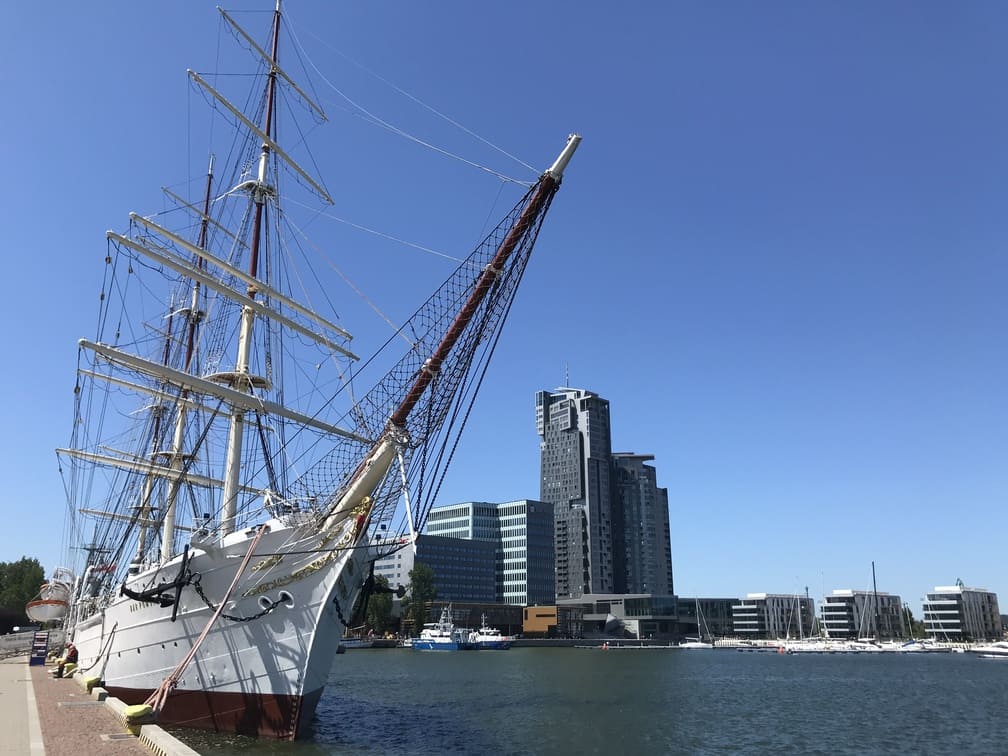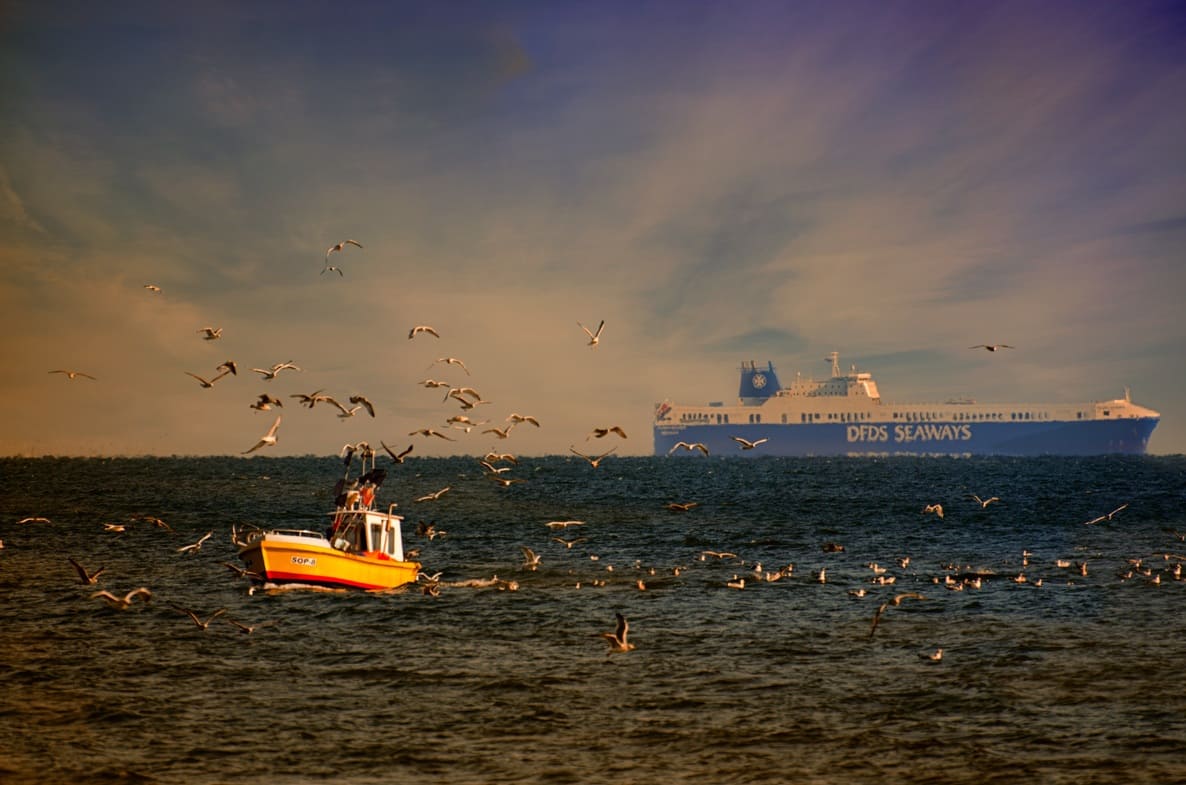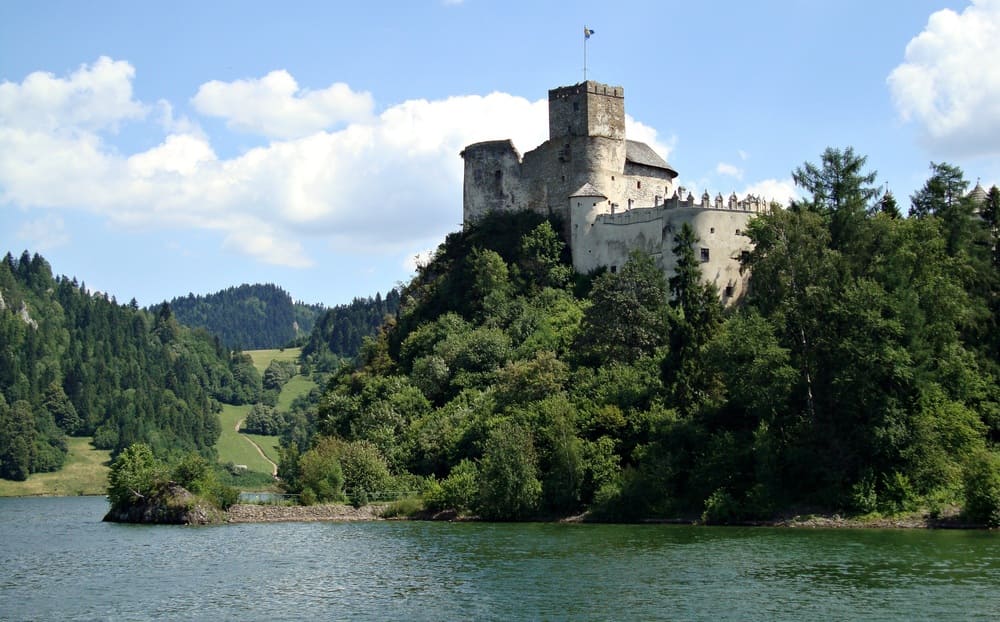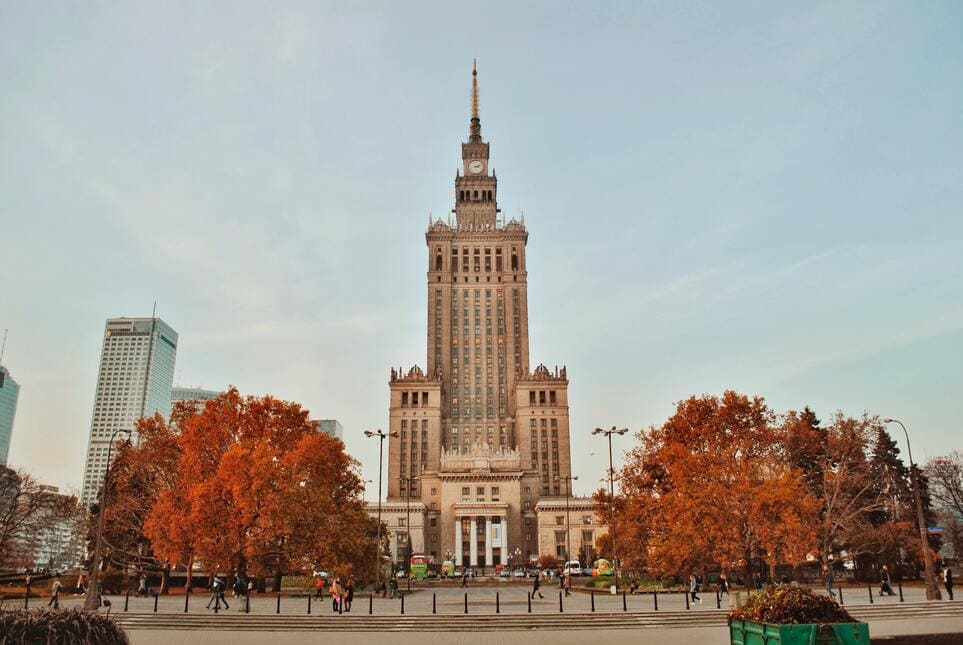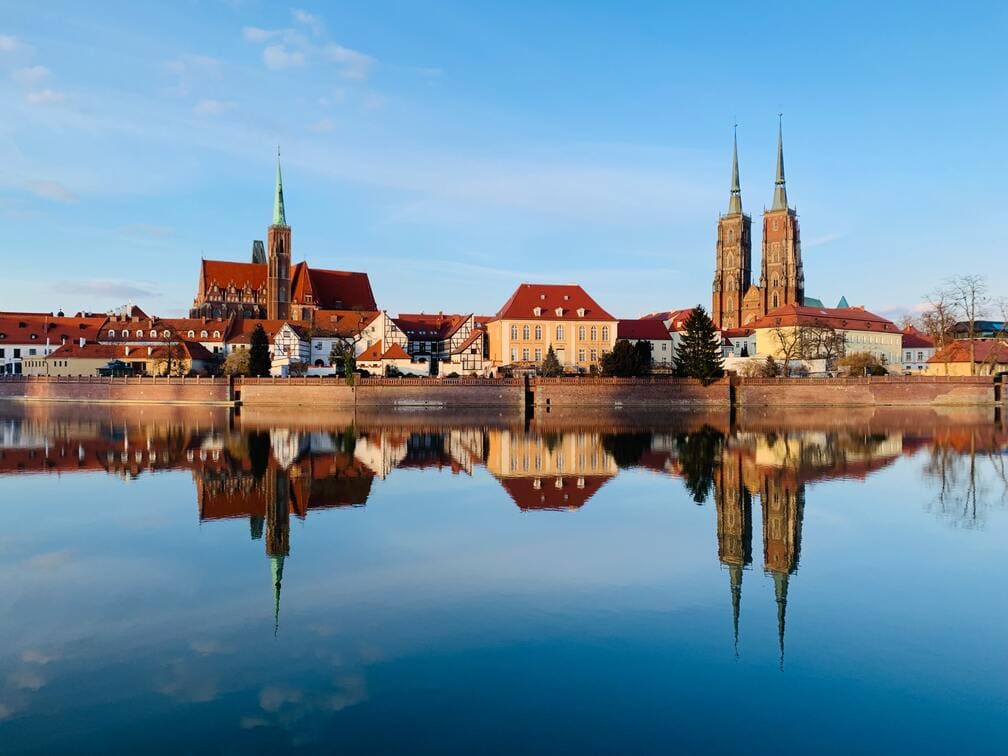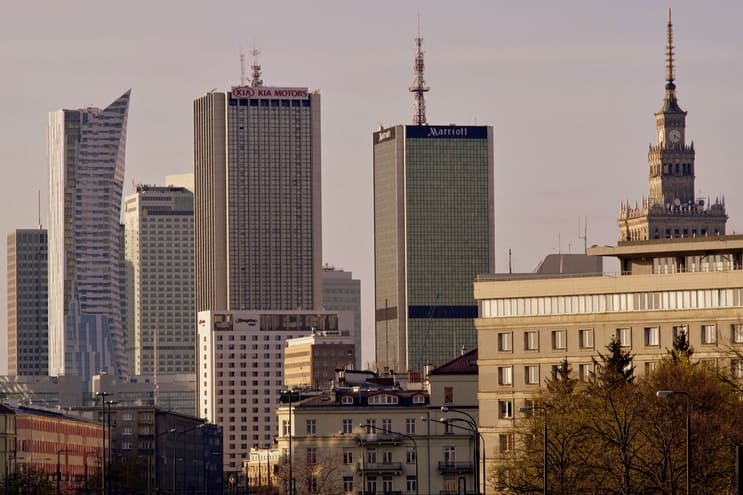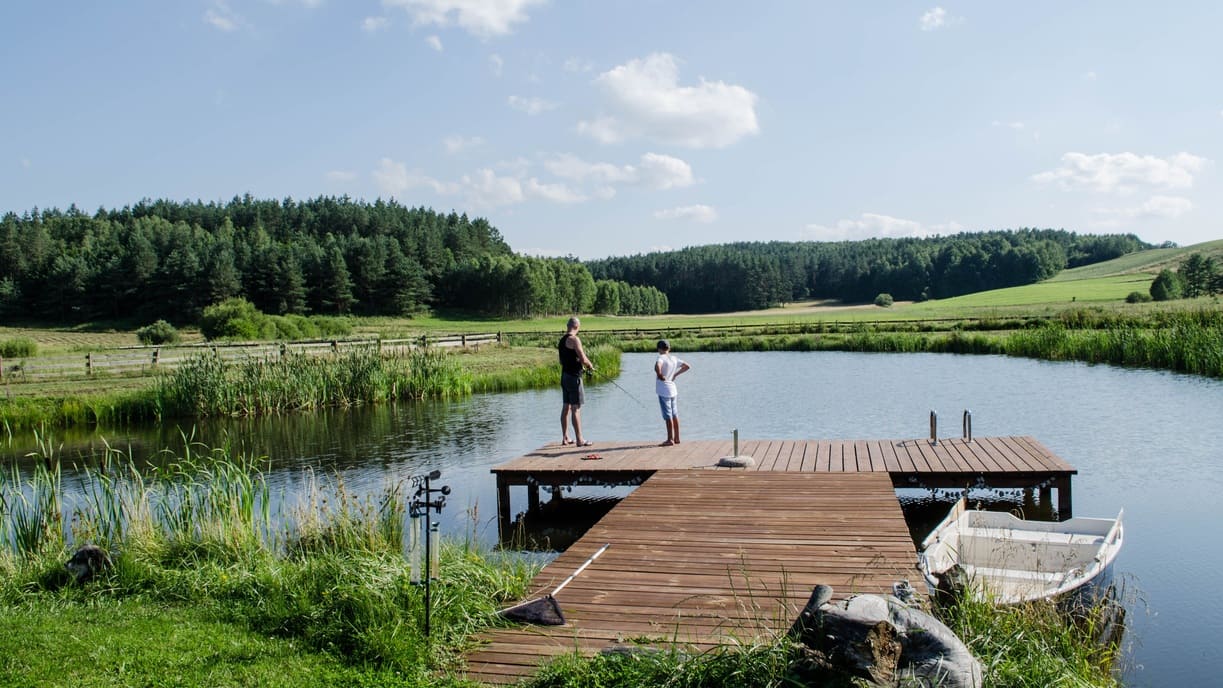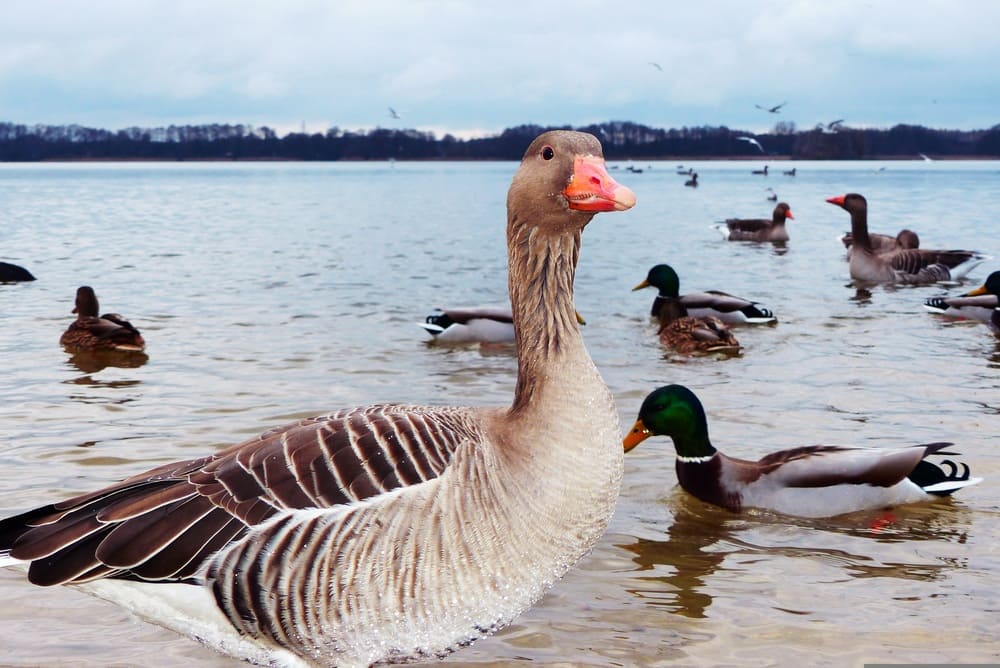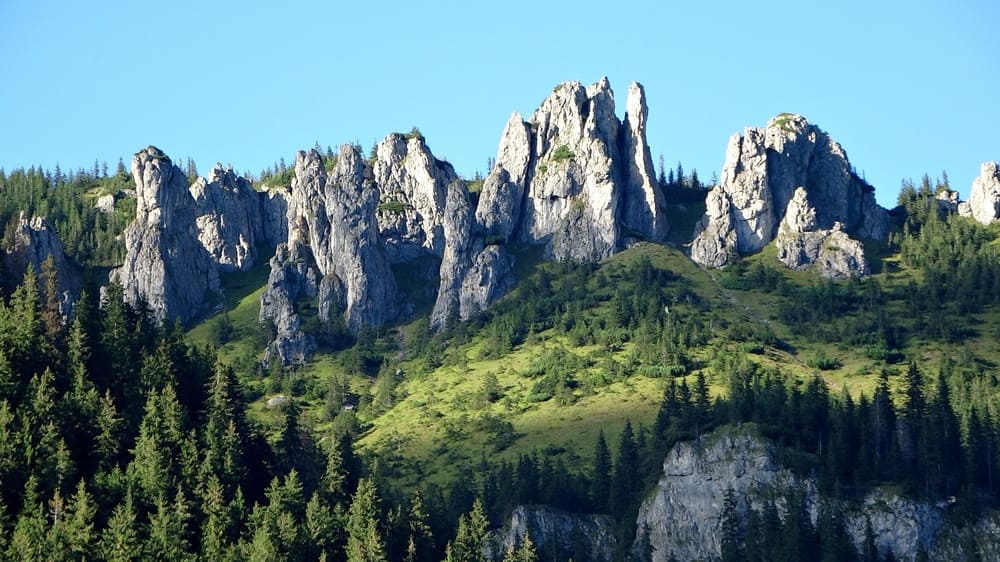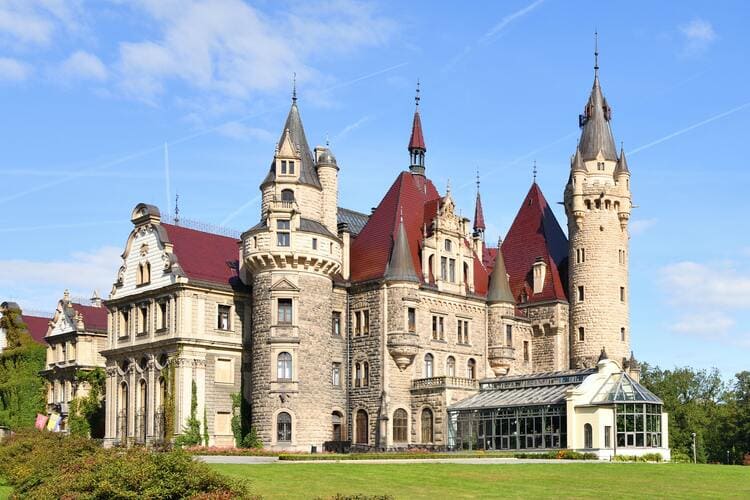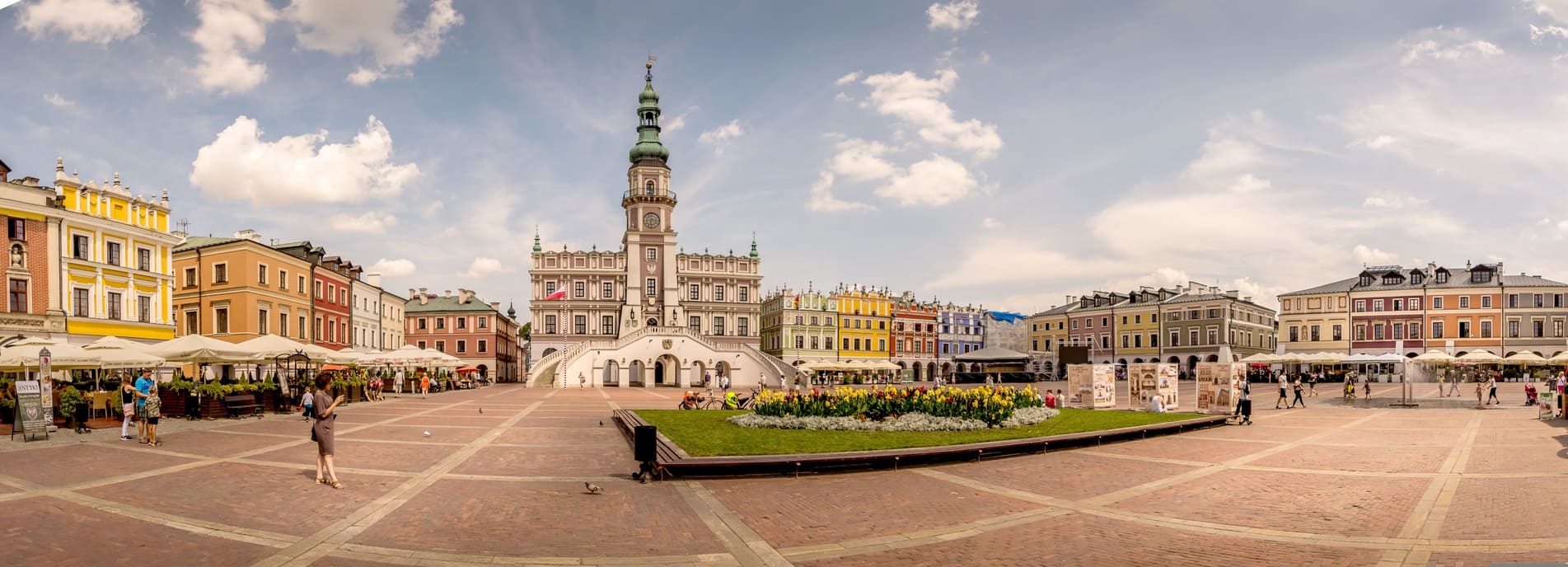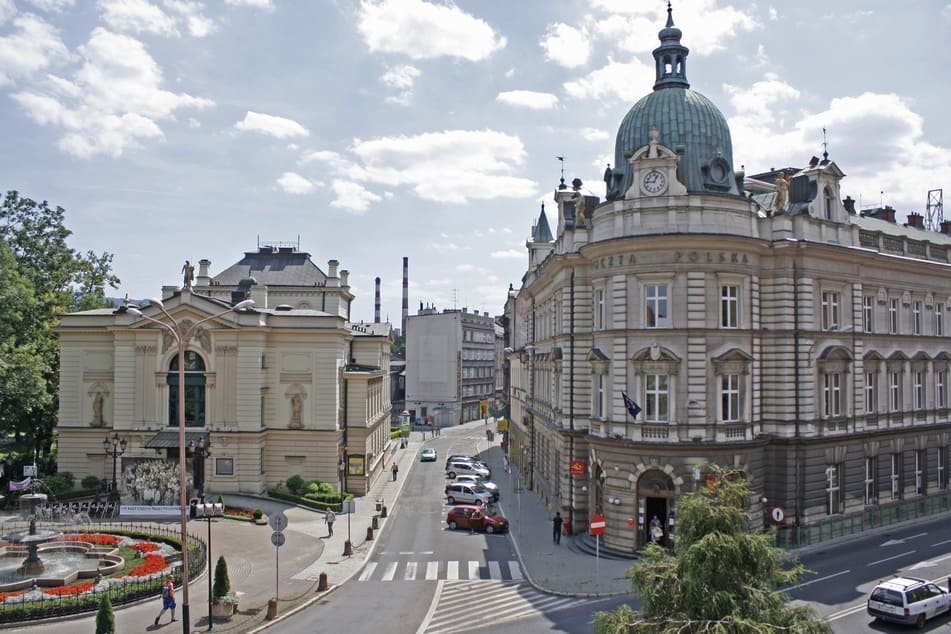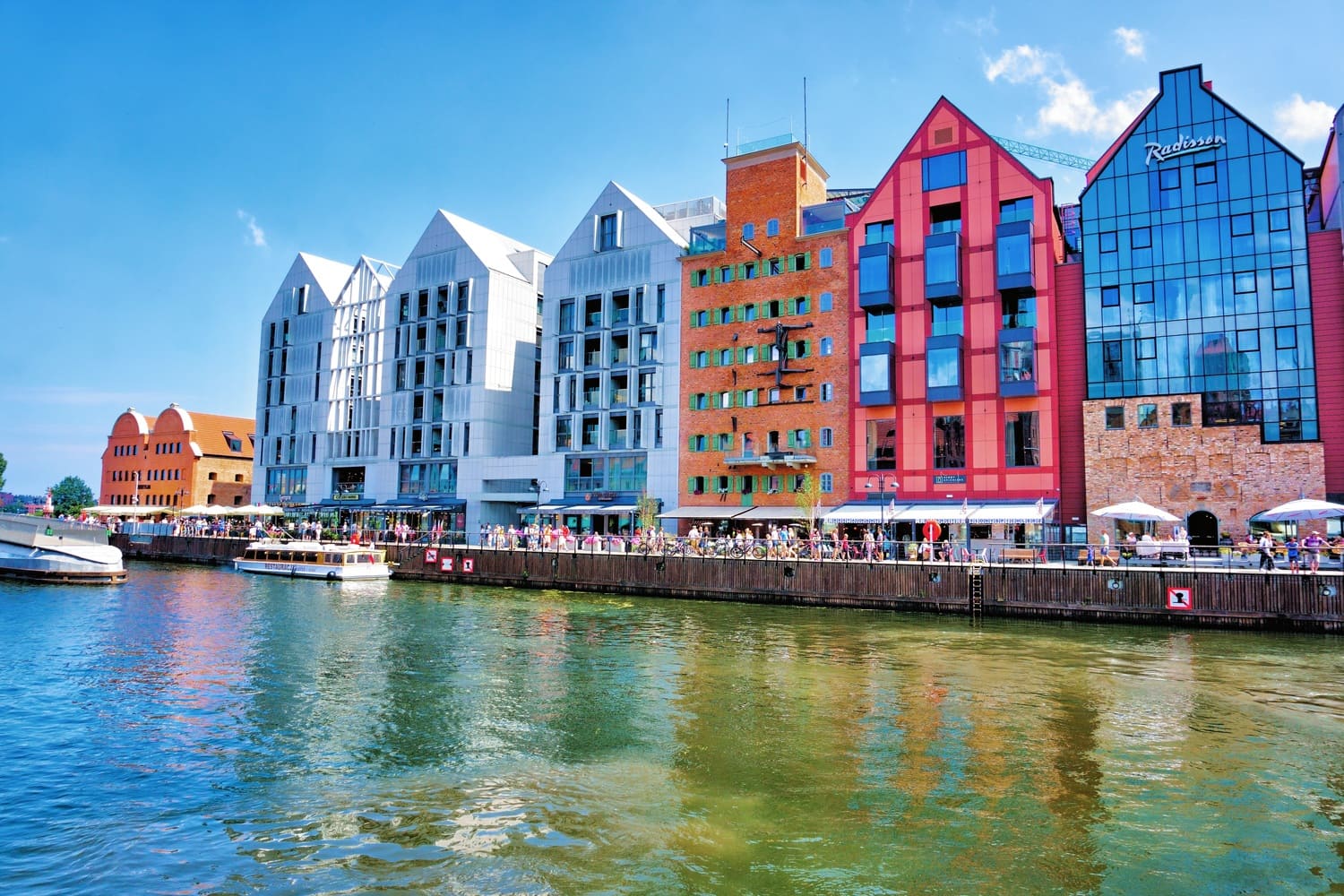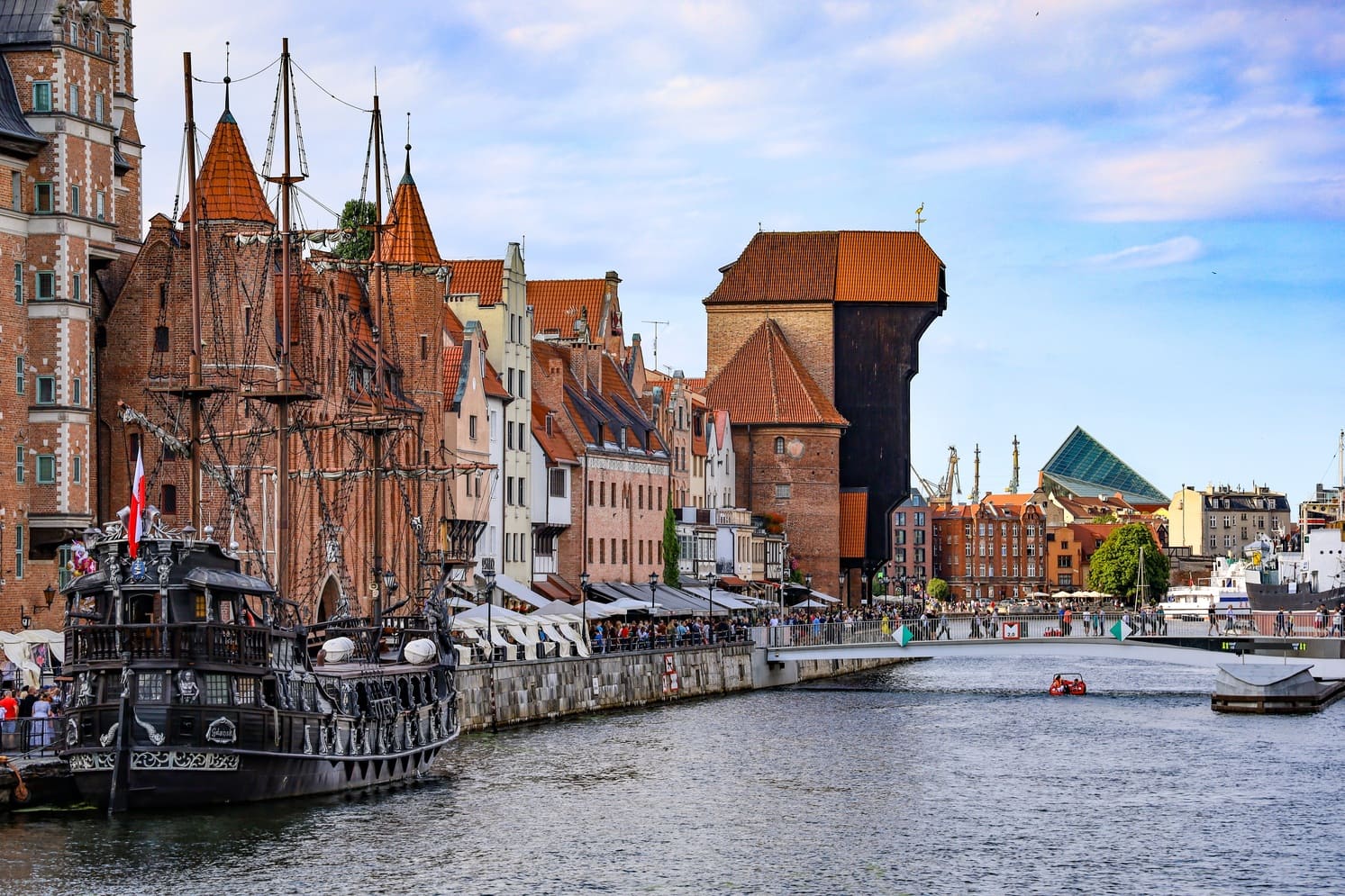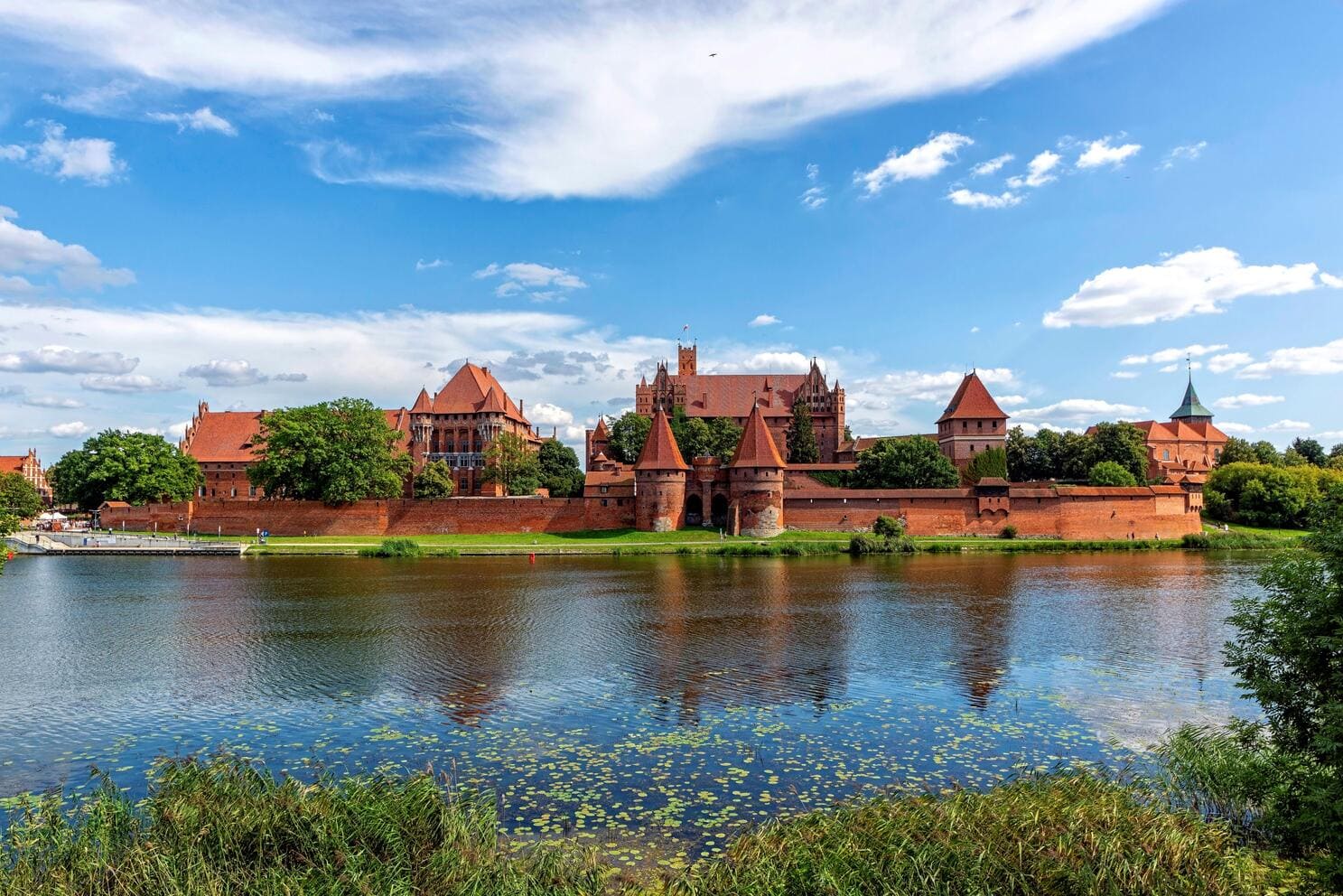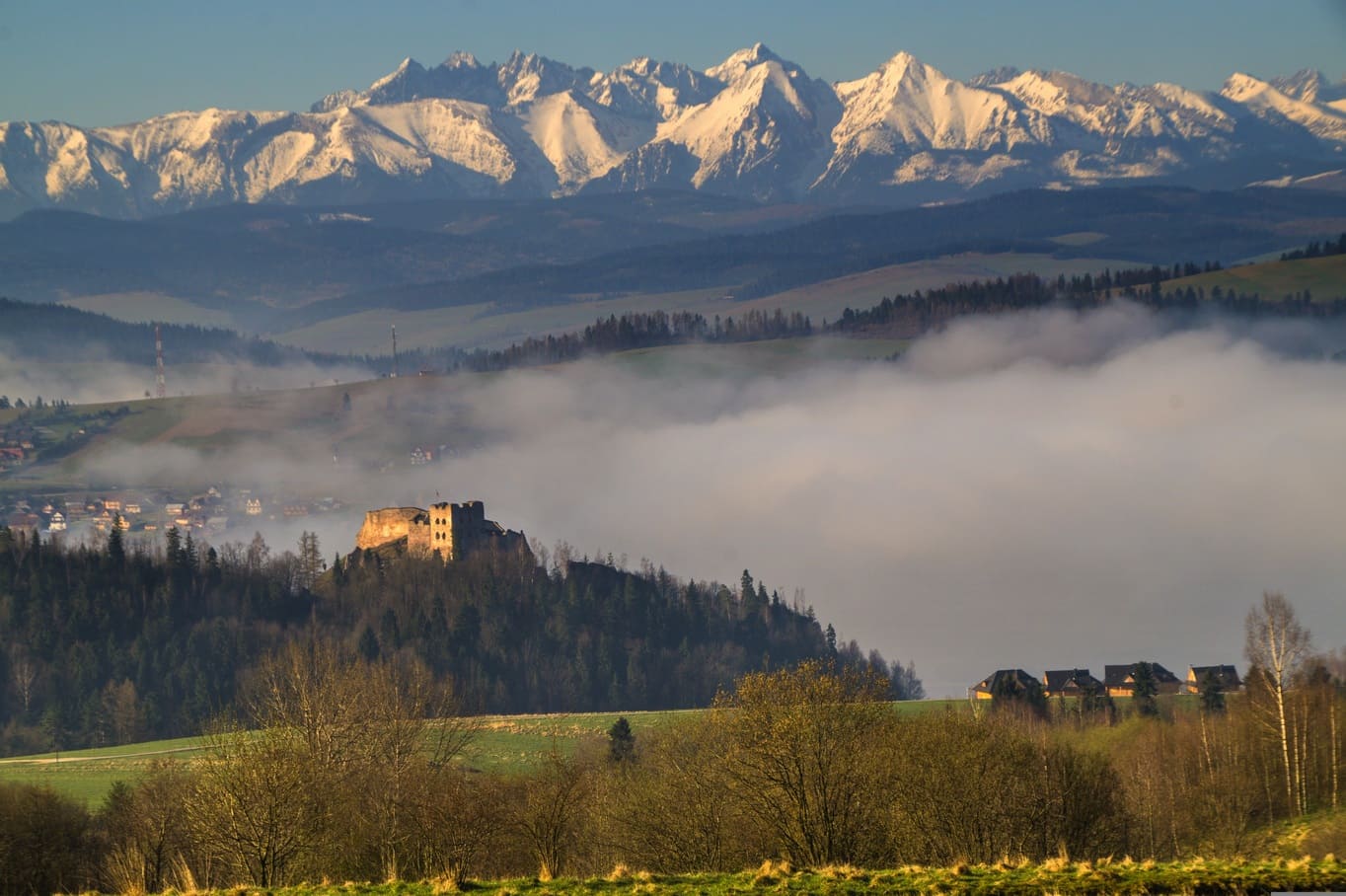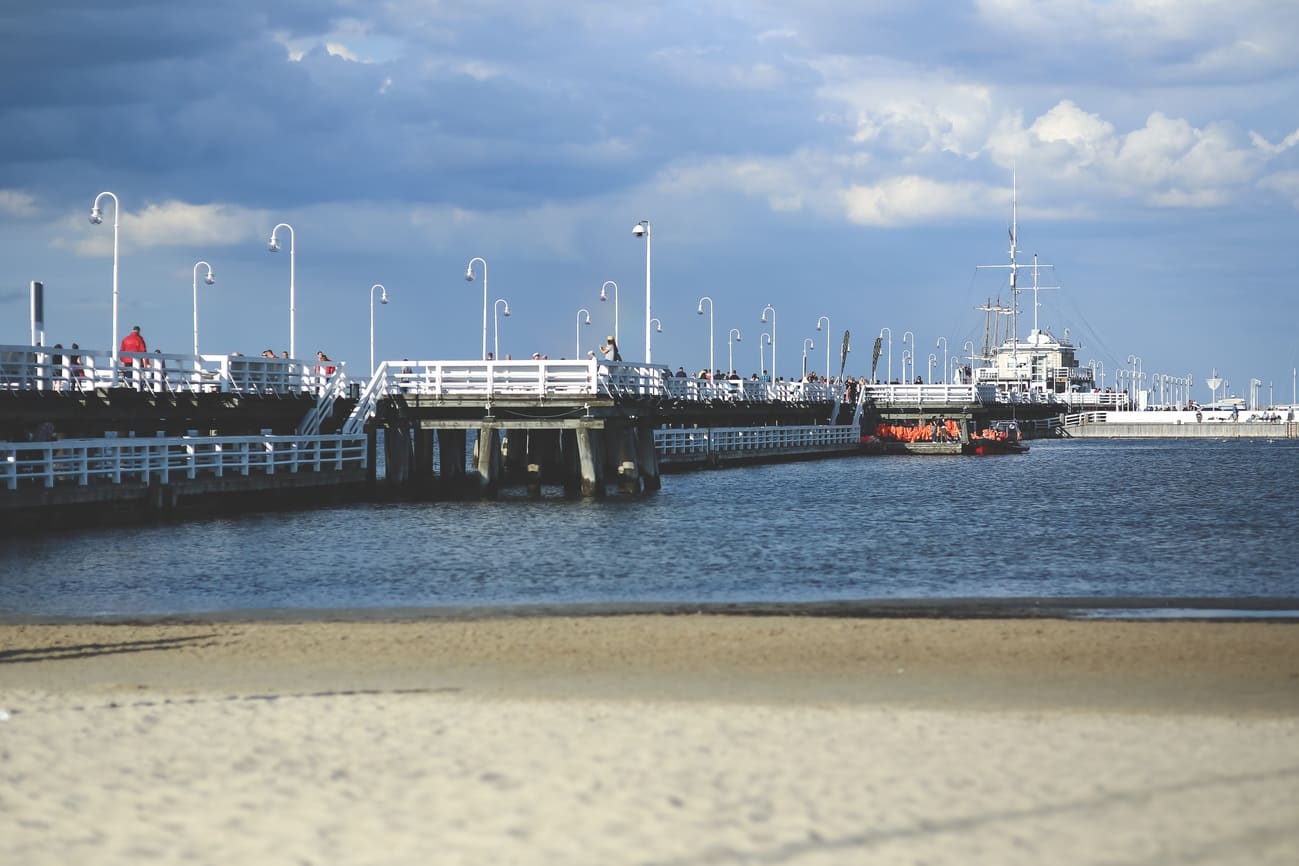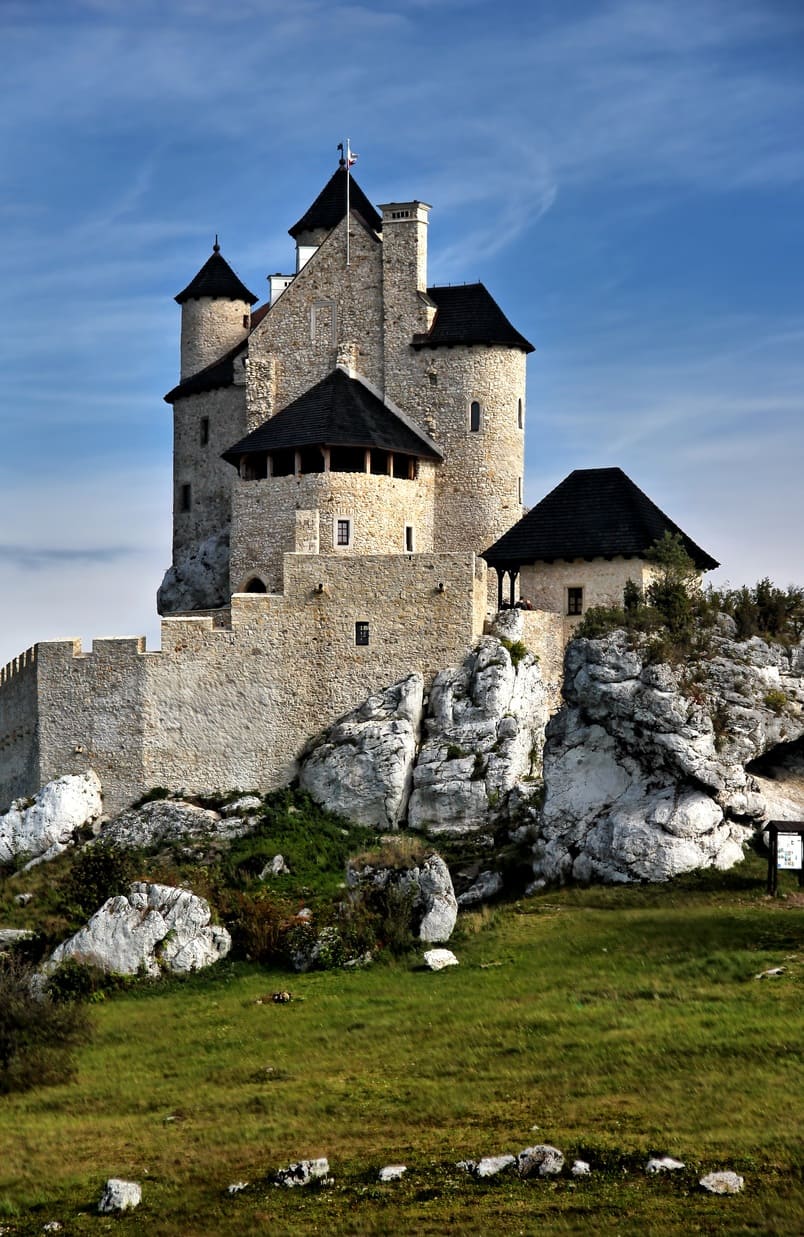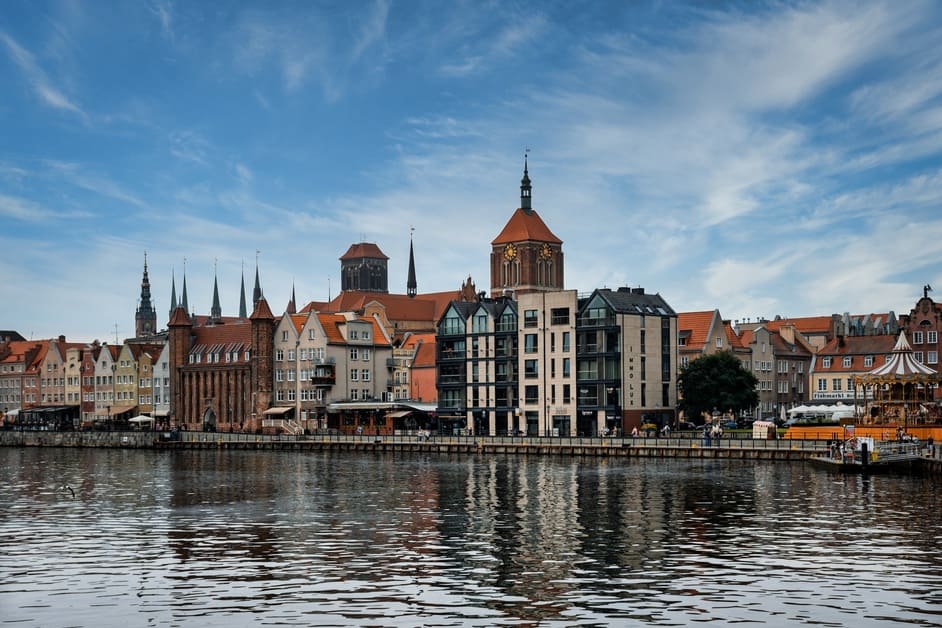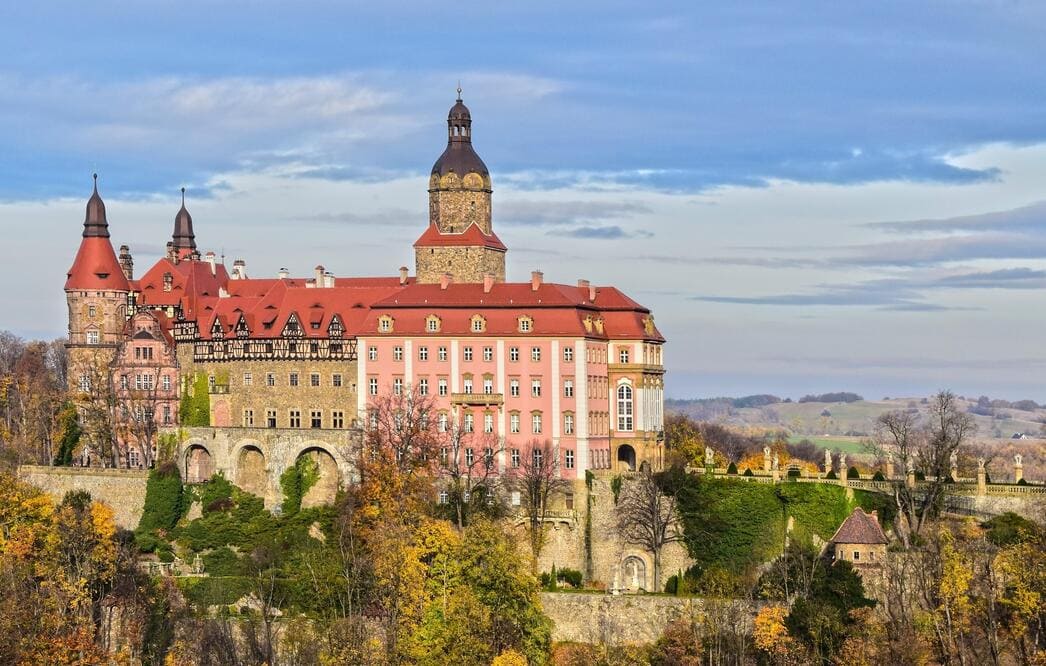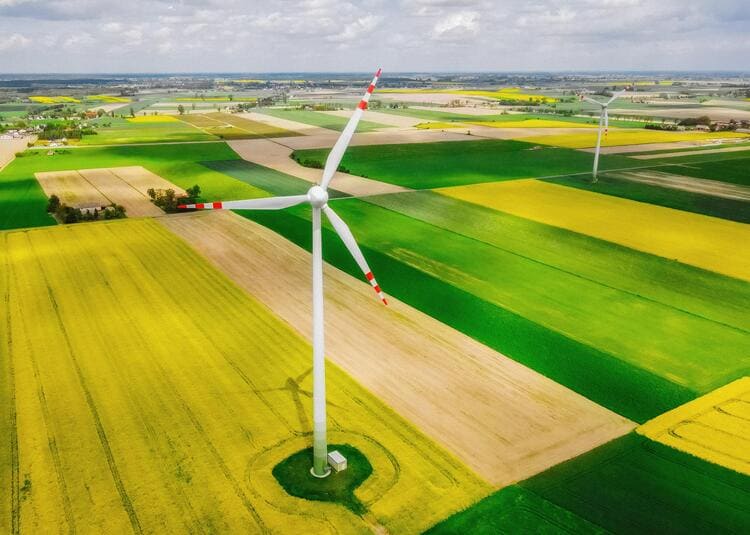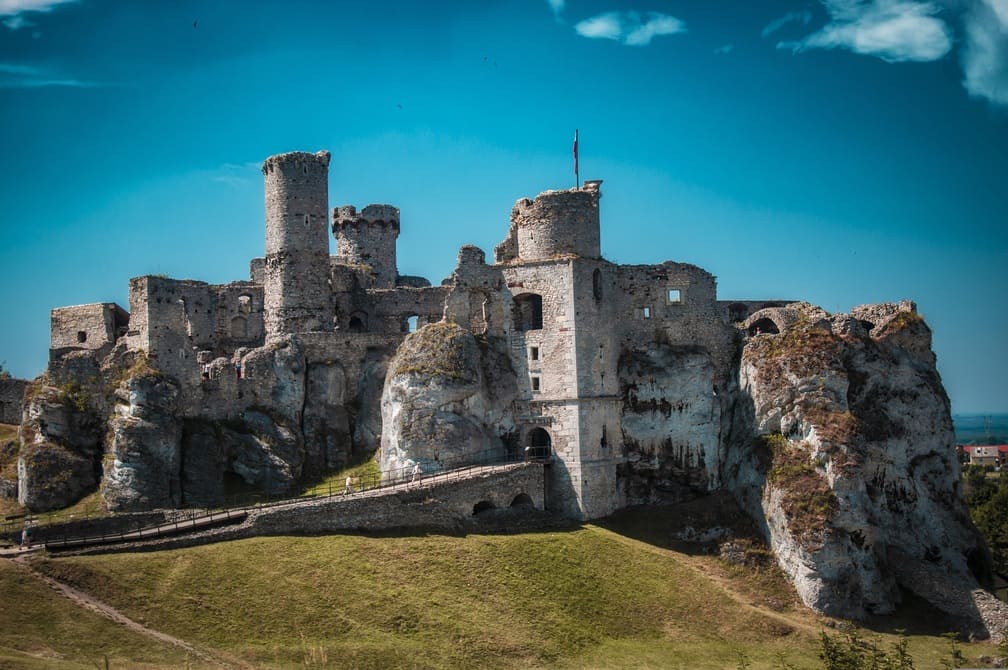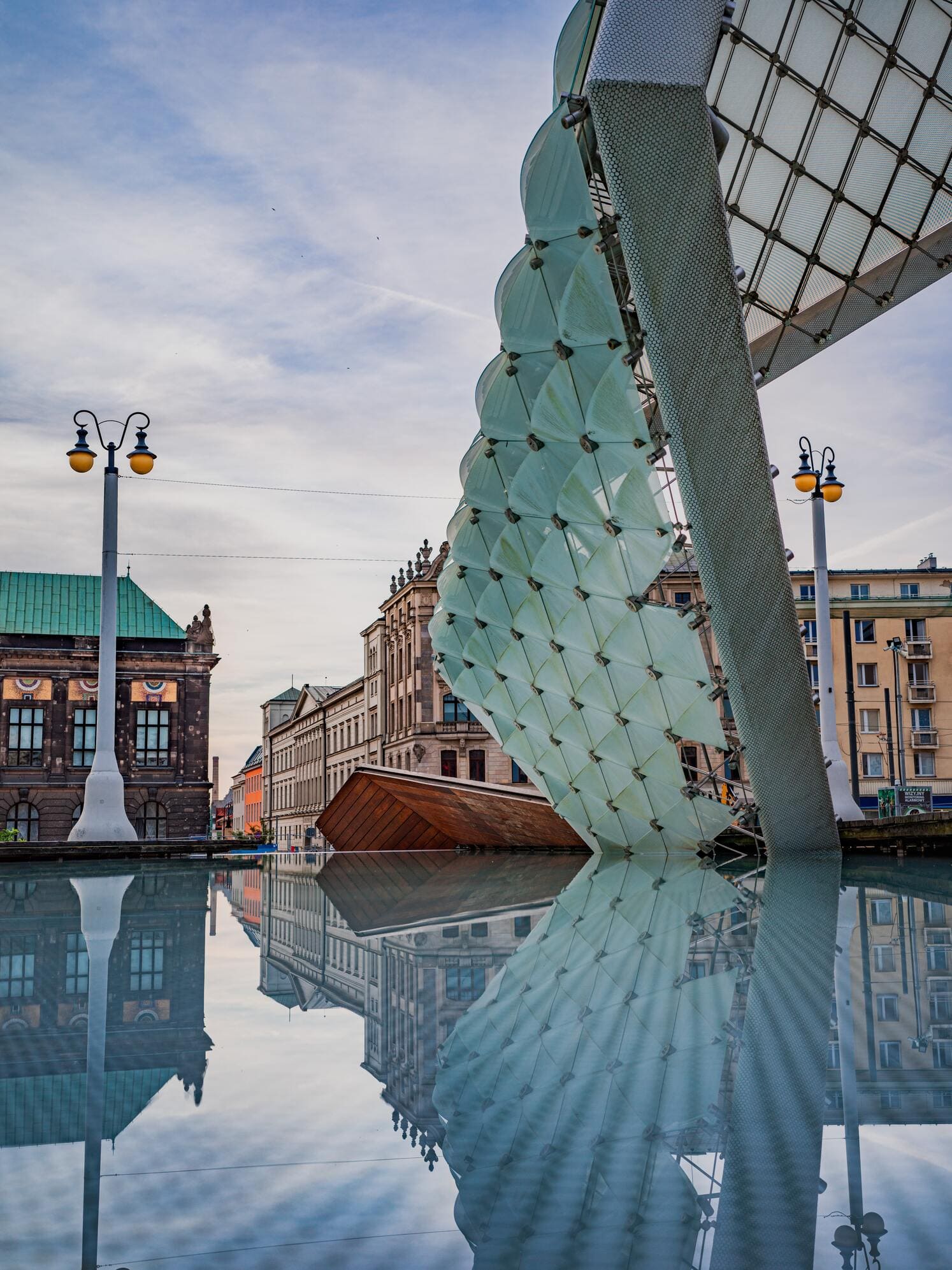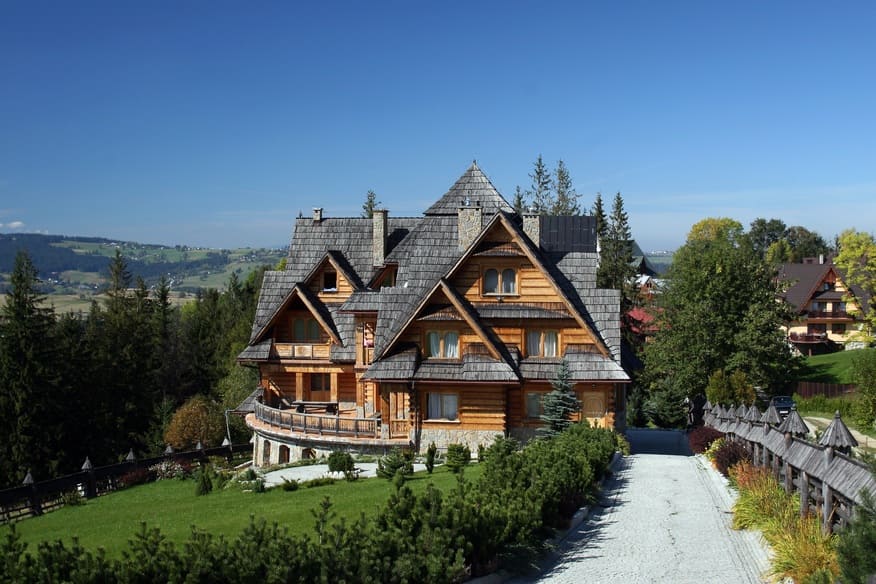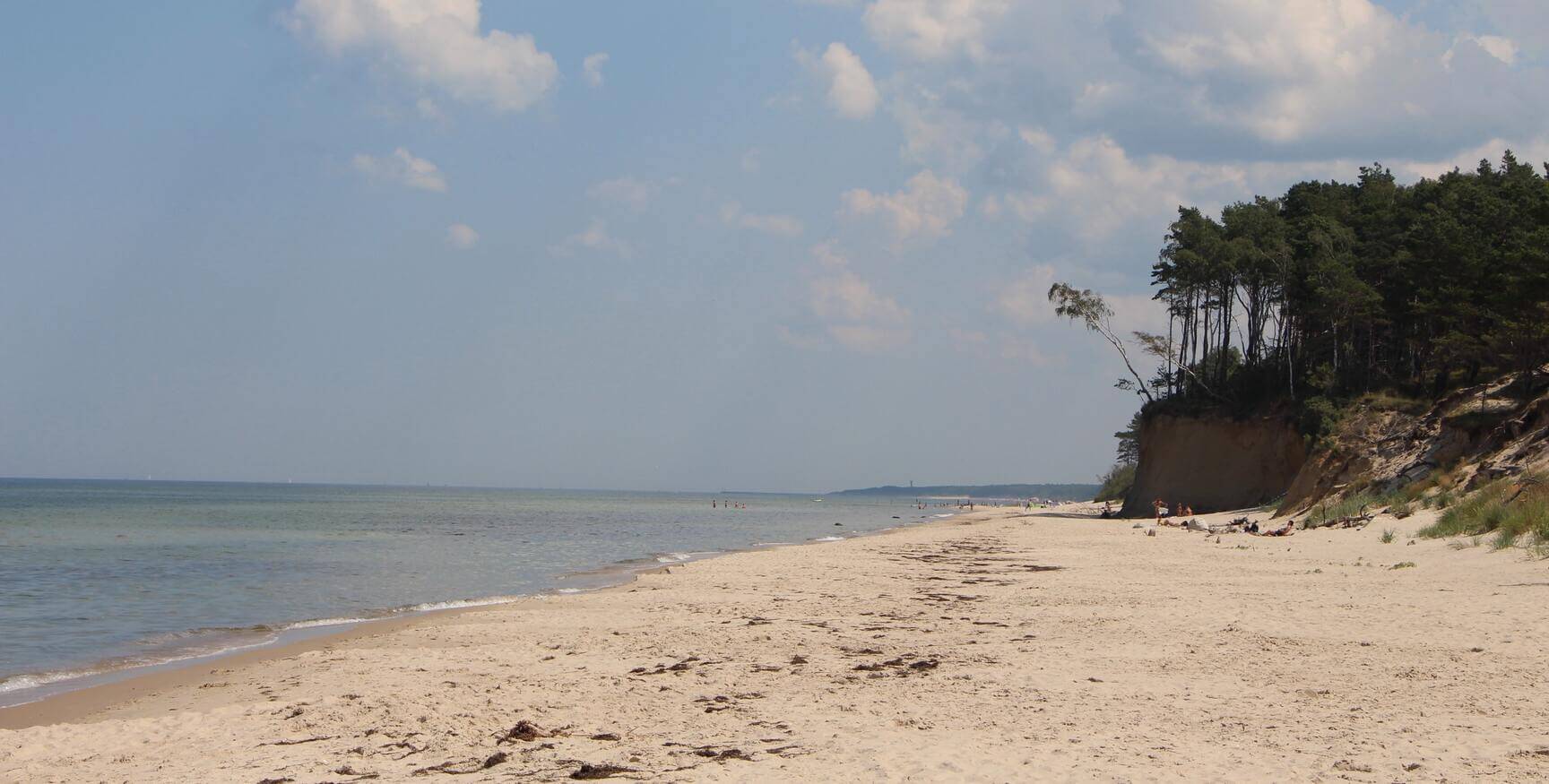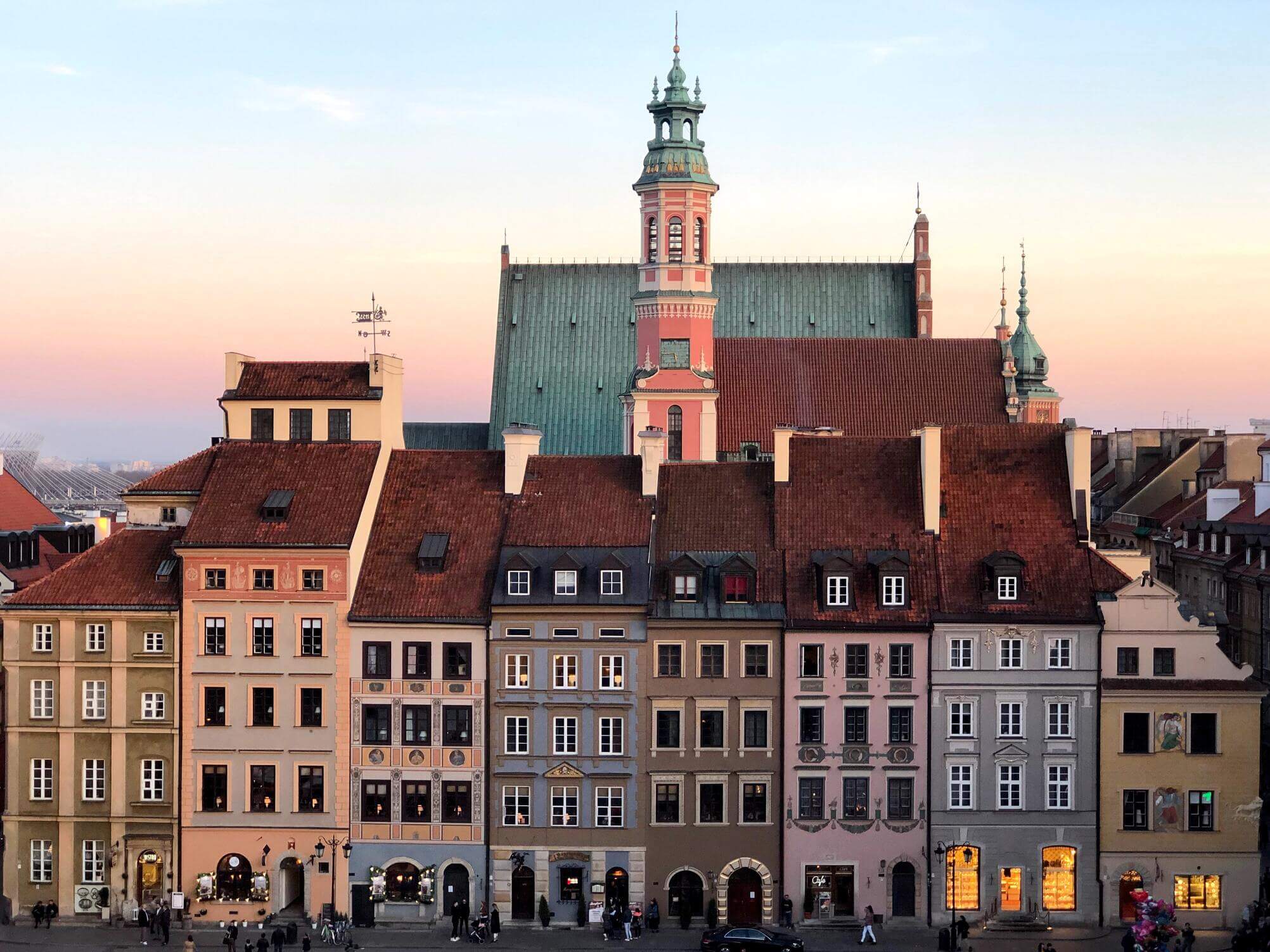POLAND
Tradition, stability and dynamic development.
Poland is a country where cities are growing rapidly in the abundantly irrigated lowlands. From the east it borders on Russia, Lithuania, Belarus, Ukraine, from the south on Slovakia and the Czech Republic, from the west on Germany, and from the north on the Baltic Sea. More than 38 million inhabitants live in it.
Music lovers associate it with composers such as Fryderyk Chopin and pianists such as Ignacy Jan Paderewski and Artur Rubinstein. For scientists, it is the birthplace of Nicolaus Copernicus, who developed the theory that the Earth revolves around the Sun, while rotating around its own axis every day. Similarly, in Poland, and in Warsaw, the discoverer of radium, Maria Skłodowska-Curie, was born.
A country that has disappeared from the maps of Europe.

On the other hand, on the pages of Polish history one can also find dramatic events. Although in its time it was a country stretching from the Baltic almost to the Black Sea, it actually disappeared from the maps of Europe for over a hundred years. After the First World War, it did not exist for long in the form of the Republic of Poland, then it was broken up again and during the Second World War it was under foreign occupation. Poles were busy clearing the post-war rubble when their country, like other Central and Eastern European countries, was cut off from the rest of the world by the "Iron Curtain". However, this is history that has completely changed with the efforts of determined citizens.
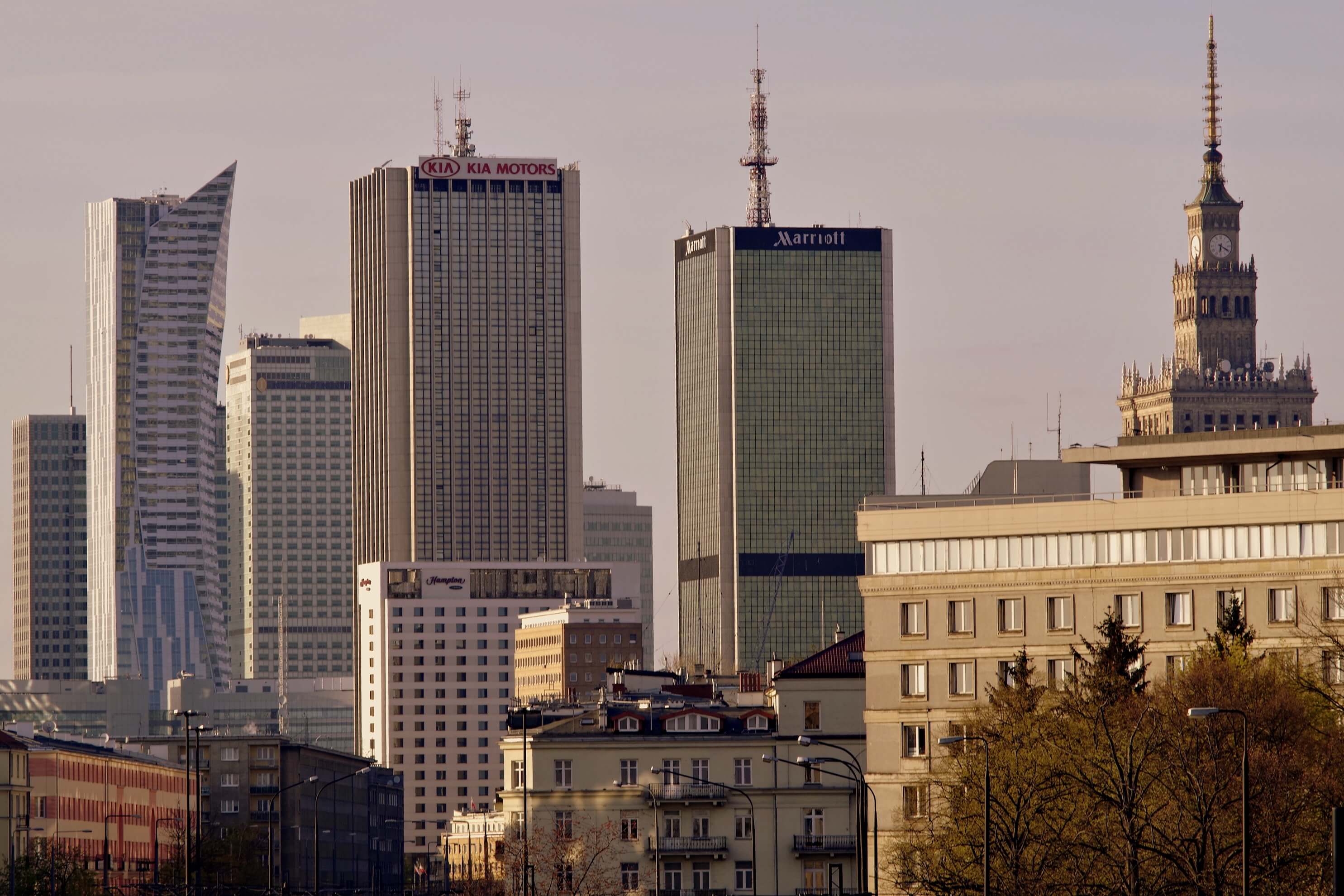
Poland is a democratic country with a developed, high-income economy and a high quality of life index. It is the largest country in Central and Eastern Europe and the sixth largest in Europe. The Polish economy has been developing at a stable pace for over 25 years and is the sixth largest economy in the European Union. According to PwC forecasts, by 2050 Poland will achieve the highest average growth rate among all major EU economies, and will overtake Russia in terms of long-term growth rate.
"Relatively attractive labor costs along with the improvement in the quality of human capital and relative stability both in the political and economic arena are Poland's strong points," emphasizes Mateusz Walewski, PwC's senior economist.
The current challenges for the Polish economy are the political crisis in Ukraine and the economic problems that the eurozone is constantly facing. However, these factors are short- and medium-term in nature and should not have serious consequences for the long-term growth potential of the Polish economy.
Poland also recorded a dynamic growth in foreign trade. Polish companies with an established position and a well-known brand successfully export their goods, which are very popular abroad due to their high quality.
The HSBC report "Global Connections" shows that the growth rate of Polish exports over the next several years will put Poland at the forefront of European countries. Positive forecasts of economic growth have influenced the image of the country. Poland was among the 20 most valuable national brands, and its value proved the fastest growing in the world, the Polish economy simply continues to grow, reads the BrandFinance Journal report.
We are convinced that with our help it will be possible to establish and successfully maintain strong Polish-Indian business relations.



